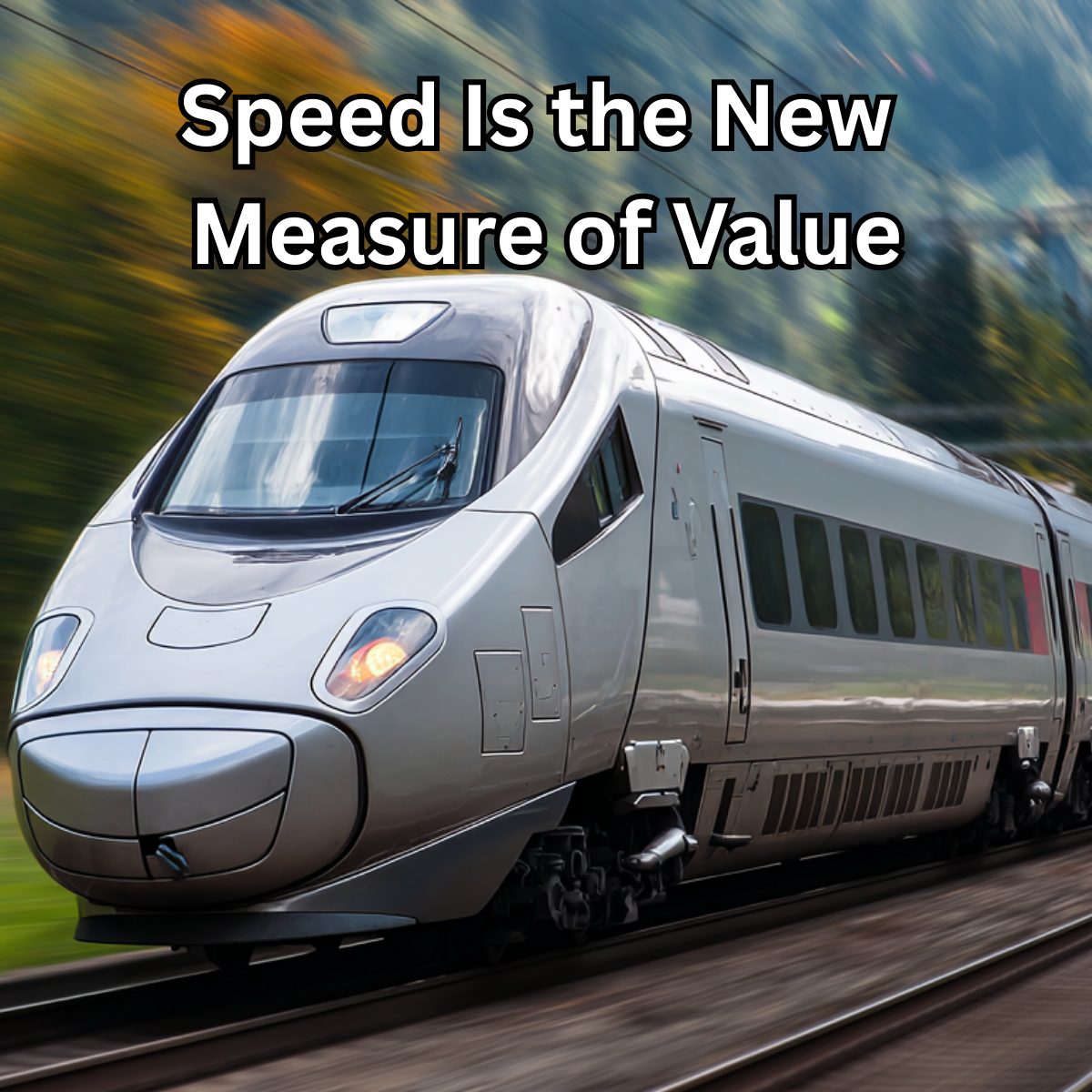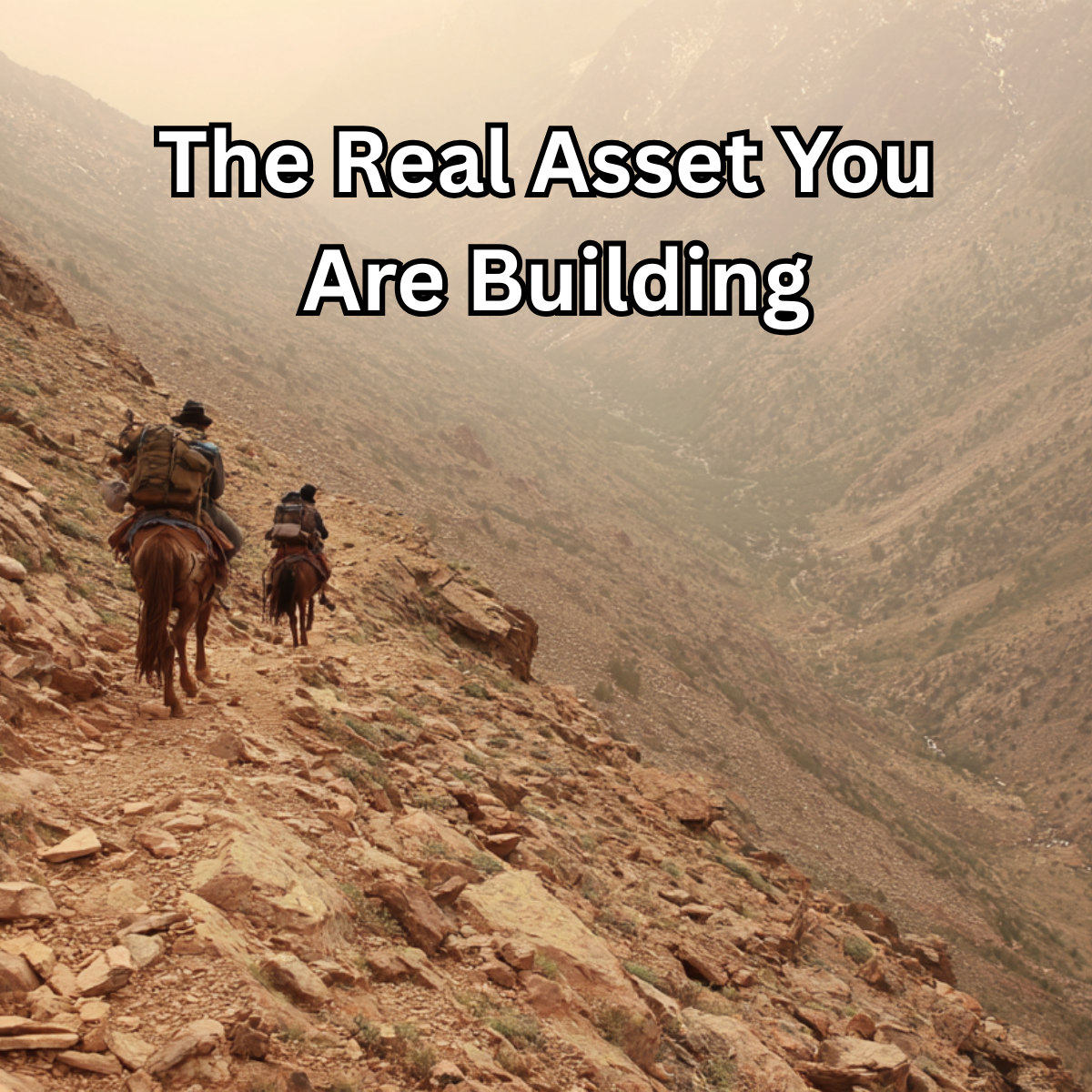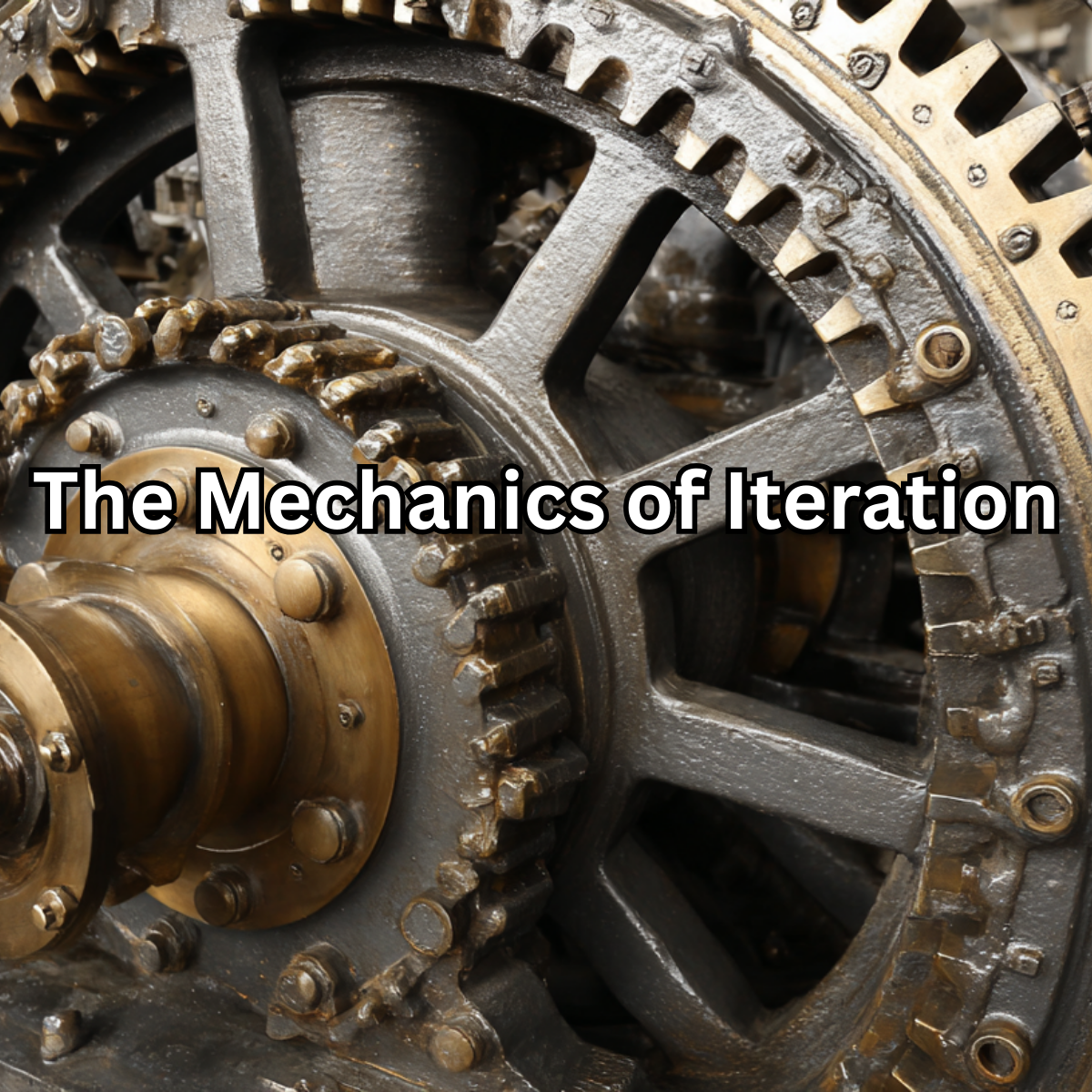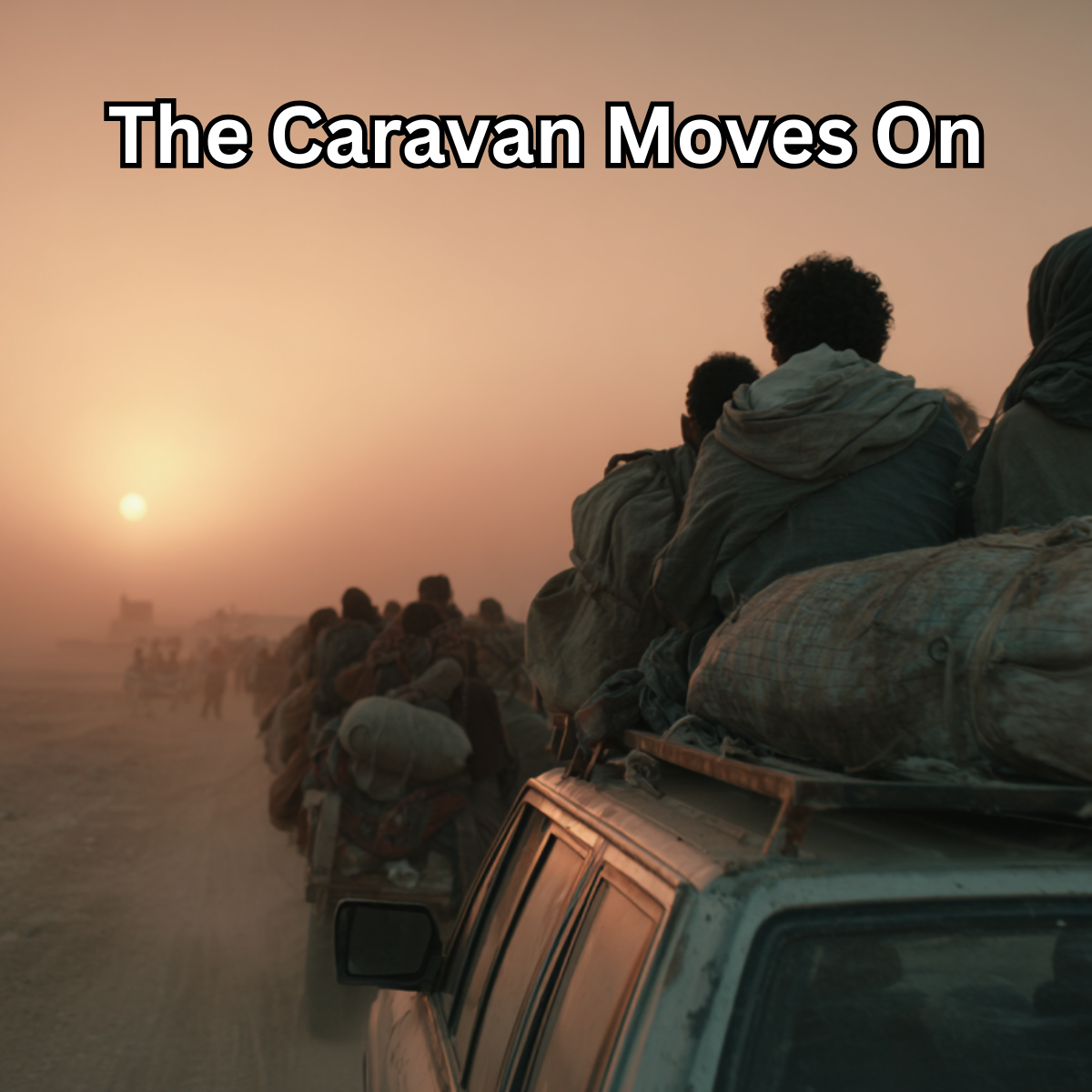The famous poet Robert Frost wrote the poem “the Road Not Taken” as a way to make fun of his friend Edward Thomas. They would go on frequent walks in the woods, and Thomas would frequently lament on how they should have chosen one path instead of another. So Frost’s most famous poem was written as a joke. Funny, how so many people for years have found such profound meaning in something he just wrote to poke fun at his friend how always was determining the validity of his choices after the fact. Indeed, the results of our choices are always clear when we are looking back at them. We can pass judgment very easily then, well that was a good idea, or that was a bad decision.
Which leads me to an interesting point. Is it possible to develop the kind of clarity that you have in looking back at choices, before you make them? That seems rather ridiculous, but I actually do not think so. I think you can actually get into the habit of visualizing the future consequences of decisions well enough to begin to develop more clarity about the potential results. Now you will never have perfect clarity, but I think we do not give ourselves enough credit in our ability to weigh multiple causal factors and evaluate and judge via a sort of what if analysis. Humans are capable of doing this, whereas no other species can. This is probably one of the single factors that has caused our species to develop so well. We can understand consequence.
When you weigh decisions, you can become paralyzed with indecisiveness. However, if you practice evaluating choices in sort of a decision tree then you can quickly eliminate obviously bad decisions and get better at picking good ones. Chess players are probably the most skilled at doing this, in fact, I would say that is really what separates a master level player from a novice. The ability to recognize patterns, and quickly determine if a set of choices will lead toward that winning pattern or not. You can then visualize the consequences of a particular choice by evaluating the most likely or even the forced outcome.
You may never be able to really tell what path you should or should not take, however, it is absolutely possible to get good at making a healthy evaluation of the consequence of a choice. In this manner you can practice and learn to develop the ability to create forward hindsight.
Guy Reams




This concept would/could be an expansion of the skills developed in chess players. Now, life’s rules and circumstances are infinitely more complex than a chess game – but , what makes a good chess player (being able to accurately and creatively visualize a series of chess moves in combination with assessing an opponents strategy) I think is is exactly what you are talking about here.
So, the debate over whether Chess skills translate to life skills has been solved! It is an analog for developing one’s skill at “Foreword Hindsight”
Ben